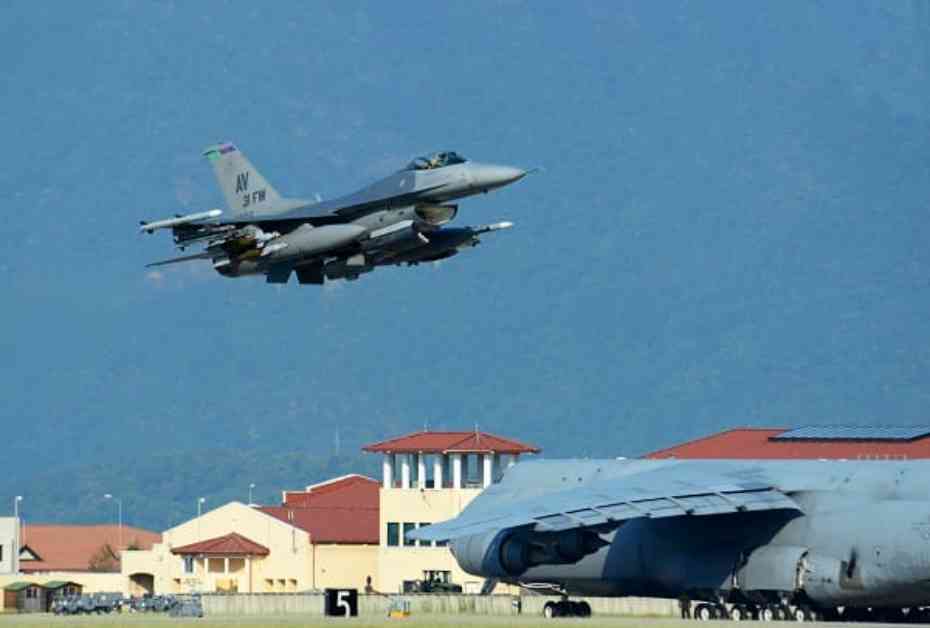On Friday, tensions rose as a Russian drone breached NATO airspace, prompting the immediate scramble of four fighter jets. The incident, which occurred in the skies above Europe, highlighted the ongoing geopolitical tensions between Russia and NATO member countries. The breach of airspace by the Russian drone raised concerns about potential security risks and the need for heightened vigilance in the region.
Rising Tensions in Europe
The incursion of the Russian drone into NATO airspace comes at a time of heightened tensions between Russia and Western countries. With ongoing conflicts in Ukraine and Syria, as well as the annexation of Crimea in 2014, Russia’s actions have been a cause for concern among NATO member states. The recent drone incident only serves to exacerbate these tensions and underscores the need for increased cooperation and communication between the two sides.
NATO Secretary-General Jens Stoltenberg condemned the breach of airspace, calling it a “serious violation of international law.” He emphasized the need for all parties to respect each other’s airspace and avoid any actions that could escalate tensions in the region. The incident has once again brought to the forefront the importance of maintaining open lines of communication and adhering to international norms and agreements.
Implications for Security
The breach of NATO airspace by the Russian drone has raised significant concerns about security in the region. Drones, with their ability to fly undetected and gather intelligence, pose a unique threat to airspace security. The incident has highlighted the need for enhanced surveillance and detection capabilities to prevent future airspace violations.
The swift response of NATO fighter jets demonstrates the organization’s commitment to safeguarding its airspace and deterring potential threats. However, the incident also serves as a reminder of the challenges posed by advanced technology and the need for continuous monitoring and adaptation of security protocols. As drones become increasingly sophisticated and widespread, ensuring airspace security will require a coordinated and comprehensive approach.
International Cooperation and Diplomacy
In the aftermath of the drone incident, calls for international cooperation and diplomacy have been amplified. Efforts to de-escalate tensions and prevent further incidents will require dialogue and engagement between Russia and NATO member states. Diplomatic channels must remain open to address any misunderstandings and prevent potential escalations in the future.
The role of multilateral organizations such as NATO in promoting stability and security in the region cannot be understated. Through collective defense and cooperation, NATO member states can work together to address common security challenges and uphold international norms. The drone incident serves as a stark reminder of the importance of unity and solidarity in the face of emerging threats.
In conclusion, the breach of NATO airspace by a Russian drone has underscored the ongoing tensions and security challenges facing Europe. The incident has highlighted the need for enhanced surveillance and detection capabilities, as well as increased cooperation and diplomacy to prevent further escalations. As the geopolitical landscape continues to evolve, maintaining vigilance and readiness will be essential to ensuring peace and stability in the region.












